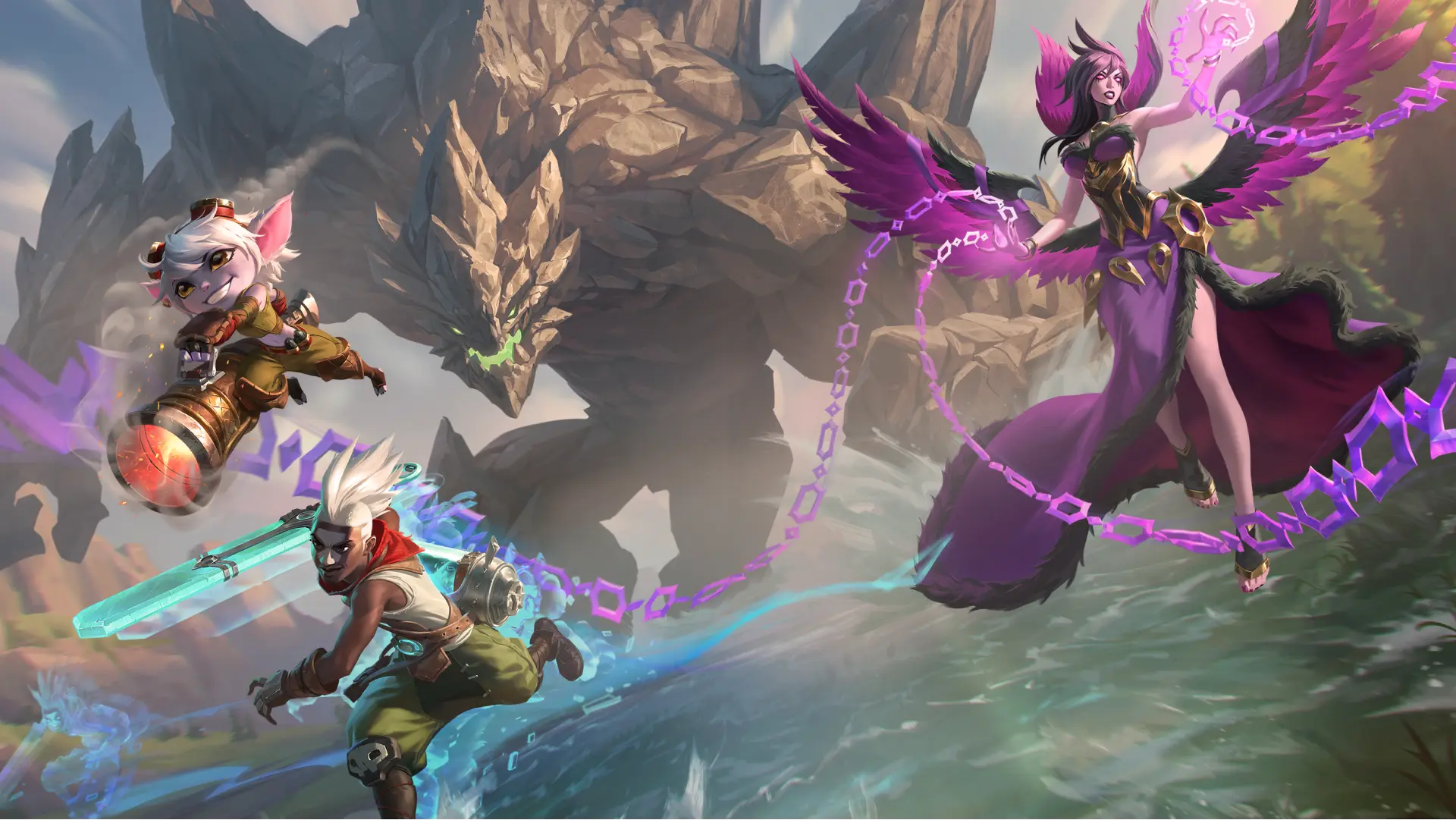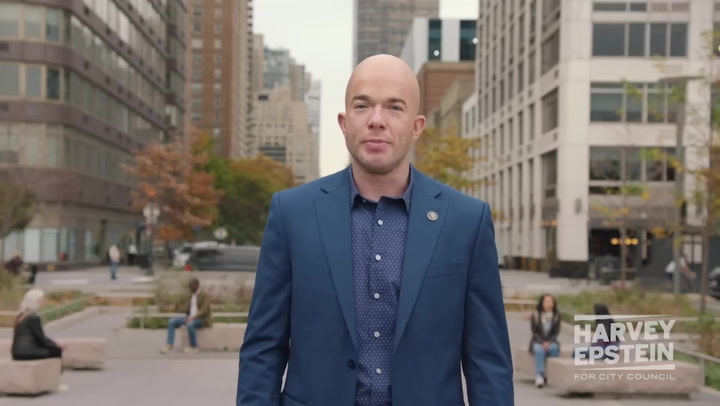Gaming addiction is a growing concern, particularly with the increase in the availability of video games and online gaming opportunities. Understanding gaming addiction is crucial for identifying its signs and implementing effective solutions. In this article, we will cover how gaming addiction manifests, the symptoms to look for, and potential strategies to combat this issue.
What is Gaming Addiction?
Gaming addiction is characterized by excessive and compulsive use of video games, often to the detriment of personal relationships, employment, or other important aspects of life. The World Health Organization has officially recognized gaming disorder as a mental health condition, emphasizing the importance of understanding signs and seeking help.
The Rise of Gaming Addiction
With the evolution of technology, gaming has become an integral part of many people's lives. Video games offer immersive experiences and a way to connect with others. However, for some individuals, this can lead to addiction, making it important to recognize the signs early on.
Signs of Gaming Addiction
Identifying signs of gaming addiction can help address the problem before it escalates. Here are some key indicators:
- Increased Tolerance: Needing to spend more time gaming to achieve the same level of satisfaction.
- Loss of Interest: Losing interest in other hobbies or activities that were once enjoyable.
- Withdrawal Symptoms: Experiencing anxiety, irritability, or sadness when unable to play games.
- Neglecting Responsibilities: Ignoring work, school, or personal responsibilities in favor of gaming.
- Deceiving Others: Lying about the amount of time spent gaming or the importance of gaming.
Psychological Impacts of Gaming Addiction
Gaming addiction does not only lead to physical symptoms but can also cause significant psychological impacts. Common issues include:
- Increased feelings of depression and anxiety.
- Difficulty concentrating and making decisions.
- Social isolation, as gamers may withdraw from family and friends.
Potential Solutions for Gaming Addiction
Addressing gaming addiction is crucial for those affected. Here are several potential solutions:
- Setting Limits: Establish specific time limits for gaming each day to encourage balance.
- Finding Alternatives: Engage in other hobbies or activities to redirect attention away from gaming.
- Seeking Professional Help: Consider speaking to a mental health professional if gaming habits are significantly impacting daily life.
- Social Support: Talk to friends and family about gaming habits. Encourage open conversations about the effects of excessive gaming.
- Digital Detox: Plan regular breaks from gaming to help reset habits and regain control.
Resources for Help
If you or someone you know is struggling with gaming addiction, numerous resources are available:
- MentalHealth.gov - A resource for finding mental health support.
- NAMI - National Alliance on Mental Illness offering support and education.
- Addiction Center - Provides guidance on recognizing and treating various addictions.
Conclusion
In conclusion, understanding gaming addiction is vital in today’s digital age. By recognizing the signs of gaming addiction and applying effective solutions, individuals can regain control over their gaming habits. Remember that reaching out for help is a sign of strength and an important step towards addressing and overcoming addiction.
Each person's journey with gaming is unique. By fostering awareness and understanding, we can help those impacted by gaming addiction find a healthier balance between gaming and everyday life.




.webp)

